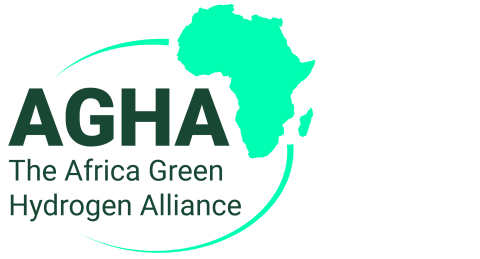Sustainable fiscal regimes for green hydrogen projects: Financial modelling recommendations and tools

In the early stages of green hydrogen development, financial incentives will be key to get projects to financial close as new hydrogen technologies are rolled out and scaled up. However, as green hydrogen becomes increasingly competitive, taxes will become of greater importance as a source of revenue, in particular in developing countries.
Host governments will need to analyse and model how fiscal decisions made today impact investments and government revenues from green hydrogen in the future. Each host government will need to identify the optimal mix of fiscal instruments and terms to meet its objectives.
Due to the lack benchmarks and transparency with regards to fit for purpose fiscal terms for green hydrogen projects, it is challenging for many host governments to sign long-term agreements with project developers with confidence that there will be long-term fiscal gains.
The Africa Green Hydrogen Alliance (AGHA), with financial support from the Africa Climate Foundation and technical support from InVhestia Africa has initiated a project to support AGHA member countries to understand, analyse and model the implications of different fiscal terms and adapt them to their country contexts.
This report outlines the importance of financial modelling for the development of sustainable fiscal regimes in developing countries, explains how the financial modelling tools can be used by governments, and offers some early insights on fiscal policy measures African countries can adopt, based on the analysis undertaken with the model.